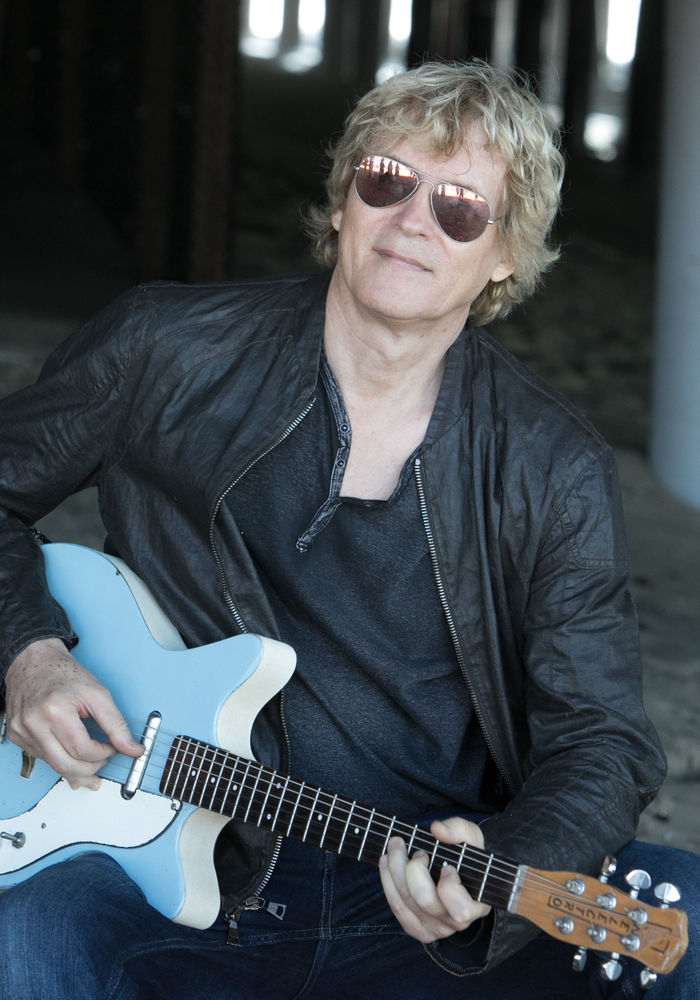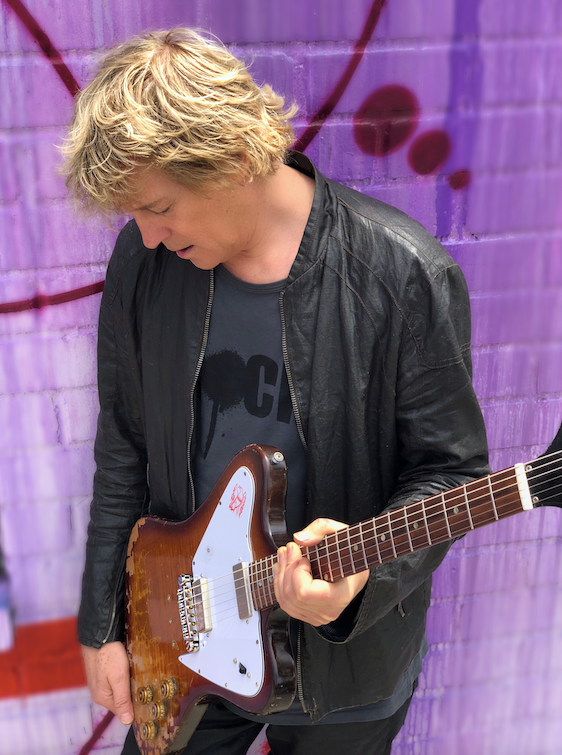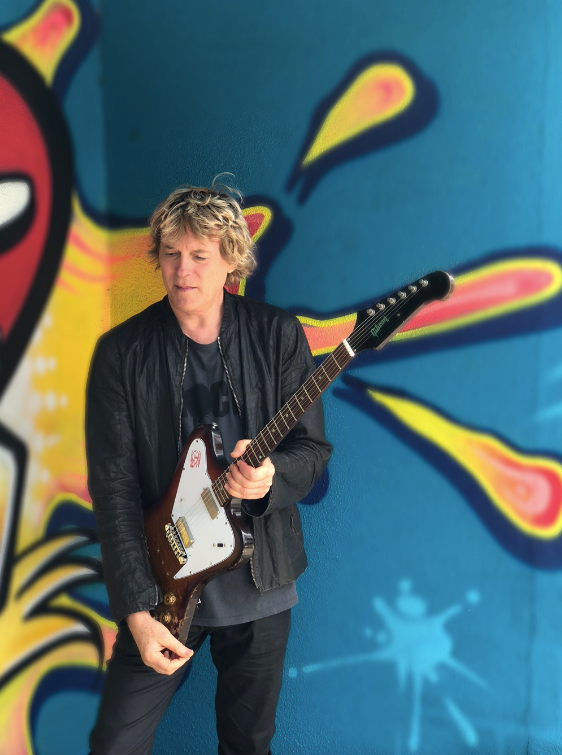Hal Lindes is probably best known for his work as a full-time member of Dire Straits, which he was a member of from 1980 until 1985, however he went on to forge a successful career as a film and TV score composer after leaving the band. He reflects on his first impressions of Dire Straits, explains how Tina Turner ended up recording Private Dancer, and delves into his guitar and amp collection.
You were a full-time member of Dire Straits for five years in the ‘80s; how did you come to join the band?
When David [Knopfler] left the band, I got a call asking if I was interested in coming down and having a play. I was like, ‘Yes, sure!’ because Mark [Knopfler] was on fire at that point. As a guitarist, I wanted to check them out and see what all the fuss was about firsthand. I was very happy to be invited down, and I didn't really know what to expect.
It was super chill and there was nobody there but the band; they weren't auditioning a tonne of people. I think they might have seen one person before me. It was a funky old place and it had a huge window overlooking the Thames; there was a terrific atmosphere there.
One by one, each of the members walked over and introduced themselves and we would chat, so it was more like a social thing than a, ‘get your guitar and play’ thing. I immediately was struck by how much I liked the guys. They're all super interesting and we got along really well. At some point Mark said, ‘Fancy having a play?’
What happened next?
He handed me a Walkman, which was a big deal back then. I'd never even seen one. I'd read about it, so it was quite a big deal to be handed a Walkman. He goes, ‘Have a listen to this, and don't worry about the changes, just get the spirit of it’. So of course, the song was Tunnel Of Love, and those changes are not for the squeamish! So I'm listening to this thing going, ‘Holy crap!’ – and that was the first thing we played, Tunnel Of Love. It was just amazing; it was so explosive.
The chemistry was there and we locked in together. I think we all knew that this was it for us at this point. Then we played a couple of other songs. This was in the summer around August, so you still had very long nights and you could see the sun setting over the Thames through this big window. The sun was starting to go down, it was a big red ball of flame and we did Sultans Of Swing.
That was probably one of the most magical moments that I had with the band. They had me at Sultans. Afterwards Mark said, ‘Do you want to grab a glass of wine?’ So we went to a wine bar and we were just chit chatting, and at the end he goes, ‘So do you want to come back tomorrow?’ So I was like, ‘Okay’.
At the same time that I was auditioning, there was a keyboard player auditioning called Alan Clark. We started the tour in Canada and we went down to the US. At one point I was talking to Alan when we were having breakfast and I said, ‘I was never officially asked to join the band’, and he goes, ‘Yeah, it's funny you said that because neither was I’. All Alan and I ever got was, ‘Do you want to come back tomorrow?’
So we went over to Ed Bicknell and said, ‘Did we get the gig or what?’ He laughed and said, ‘Of course you're in the band!’ But that just illustrates how casual the whole thing was.





